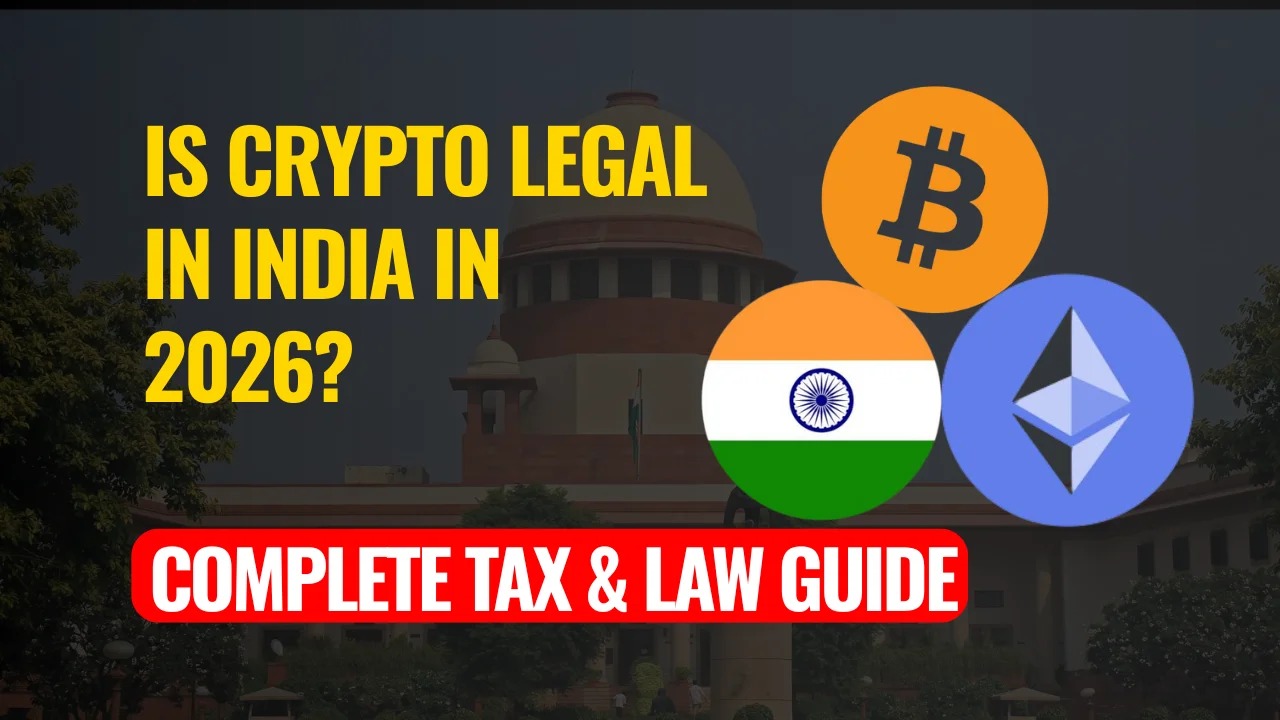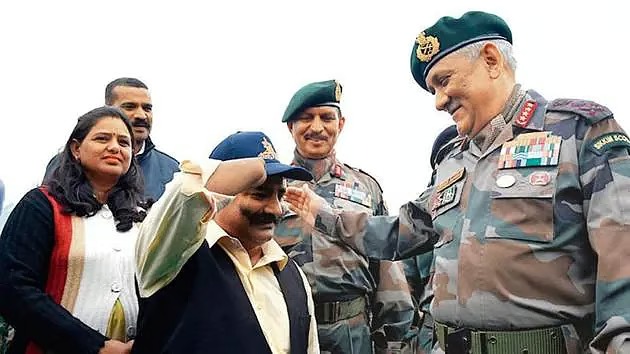Viney Mittal, J.@mdashThe plaintiffs having remained concurrently unsuccessful in the two Courts below have filed the present regular second appeal.
A suit for declaration was filed by the plaintiff-appellants (hereinafter referred to as the plaintiffs) to the effect that they are owners in possession to the extent of 1/3rd share in addition to their own share in the land in dispute and that the decree dated January 21, 1983 suffered by Basti Ram in favour of defendant-respondent Ram Karan (hereinafter referred to as the defendant) was illegal, bad and had no effect upon their rights.
2. There was one Hira. He had three sons namely, Budh Ram, Ram Karan and Basti Ram and a daughter Bhati. He also left behind a widow namely, Mahasukhi. The plaintiffs are the sons daughter and widow of Budh Ram. Basti Ram was unmarried and had no issue. On January 21, 1983, he suffered a decree qua the land in dispute in favour of his real brother Ram Karan. The present suit was filed by the plaintiffs on May 27, 1983, challenging the decree. Various pleas such as property being ancestral and the decree being against law and non-registration of the decree were taken by the plaintiffs to challenge the decree.
3. The suit was contested by the defendants reiterating the validity of the aforesaid decree. The plea with regard to property being ancestral was denied. It was pleaded by the defendants that in fact Basti Ram was living jointly with Ram Karan and was a disabled person. He was being looked after by Ram Karan and his family. In these circumstances, it was stated that the aforesaid decree was suffered voluntarily by Basti Ram in favour of Ram Karan.
4. The learned trial Court after appraising the entire evidence on the record found that the aforesaid decree was validly suffered by Basti Ram qua his own share in favour of Ram Karan and, therefore, the suit filed by the plaintiffs was dismissed. An appeal was filed by the plaintiffs. The learned Additional District Judge, while agreeing with the judgment of the learned trial Court, dismissed the appeal of the plaintiffs. Now, the aforesaid plaintiffs have come in present regular second appeal in this Court.
5. I have heard Shri Alok Jain, the learned counsel for the appellants and Shri R.A. Yadav, the learned counsel for the respondents and with their assistance have also gone through the record of the case.
6. Shri Alok Jain, the learned counsel for the appellants has submitted that in fact the decree dated January 21, 1983 was a consent decree and since there was no antecedent title vested in defendant Ram Karan, therefore the same required registration. On the strength of the aforesaid submission Shri Alok Jain maintains that once the decree is ignored and set aside then the suit of the plaintiffs was liable to be decreed. On the other hand, Shri R.A. Yadav, the learned counsel for the respondents has submitted that the aforesaid decree was the result of a family settlement. He has submitted that Basti Ram was a disabled person and was not married and had no issue. He was living with Ram Karan and was being looked after by him and his family. In these circumstances, it is maintained by Sri Yadav that the aforesaid decree was perfectly legal and valid and had been suffered by Basti Ram voluntarily. It is further submitted by Shri Yadav that in fact the suit was filed by the plaintiffs on May 27, 1983, whereas Basti Ram had died in 1987. On the strength of the aforesaid fact, it is submitted that on the date of filing of the suit, the plaintiffs had no locus standi or cause of action to file the present suit.
7. I have given my thoughtful consideration to the entire matter and in my opinion, the present appeal has no merit and deserves to fail.
8. It is not in dispute that Basti Ram was issueless and as per the evidence on re cord, it is clearly shown that he was living with his brother Ram Karan. Both the Courts below have found it as a fact that in fact the decree has been suffered by Basti Ram during his life time because of the service rendered by Ram Karan and his family to him. Under these circumstances, the aforesaid decree is clearly shown to have been suffered voluntarily.
9. The learned Courts below have also held that in fact the said decree was liable to be sustained also on the ground that the same was a result of family settlement. I am in agreement with the aforesaid conclusions of the learned Courts below as well.
10. The Hon''ble Supreme Court of India in
"Courts give effect to a family settlement upon the broad and general ground that its object is to settle existing or future disputes regarding property amongst members of a family. In this context the word ''family'' is not to be understood in a narrow sense of being a group of persons whom the law recognizes as having a right of succession or having a claim to a share in the disputed property. The consideration for a family settlement is the expectation that such a settlement will result in establishing or ensuring amity and goodwill amongst the relations. That consideration having passed by each of the disputants the settlement consisting of recognition of the right asserted by each other cannot be impeached thereafter."
11. In the aforesaid Ram Charan''s case (supra), the Hon''ble Apex Court further observed as follows:-
"The transaction of a family settlement entered into by the parties who are members of a family bona fide to put an end to the dispute among themselves, is not a transfer. It is not also the creation of an interest. For, in a family settlement each party takes a share in the property by virtue of the independent title which is admitted to that extent by the other parities. Every party who takes benefit under it need not necessarily be shown to have, under the law, a claim to a share in the property. All that is necessary to show is that the parties are related to each other in some way and have a possible claim to the property or a claim or even a semblance of a claim on some other ground as, say, affection."
12. In the case of
"The members who may be parties to the family arrangement must have some antecedent title, claim or interest even a possible claim in the property which is acknowledged by the parties to the settlement. Even if one of the parties to the settlement has no title but under the arrangement the other party relinquishes all its claims or titles in favour of such a person and acknowledges him to be the sole owner, then the antecedent title must be assumed and the family arrangement will be upheld and the Courts will find no difficulty in giving assent to the same."
13. It was further observed in the aforesaid Kale''s case (supra) as follows:-
"Even if bona fide disputes, present or possible which may not involve legal claims are settled by a bona fide family arrangement which is fair and equitable the family arrangement is final and binding on the parties to the settlement."
14. Thus, it is clear that the concept of family settlement has been construed in a wider sense by the Hon''ble Supreme Court and the other Courts in India. In such a situation even if one of the parties to the settlement had no apparent antecedent title but under the arrangement, the other party relinquishes all its claim or title in favour of such a person and acknowledges him to be the sole owner then antecedent title was to be presumed and the family settlement was liable to be upheld.
15. Even in Kale''s case (supra), an argument was raised before the Apex Court that the aforesaid family arrangement was not valid because the appellant therein had absolutely no title to the property so long as Mst. Ram Pyari was in lawful possession of the property as the sole heir to Lachman, and if under the family arrangement any title was conveyed to the appellant, the said conveyance can only be by a registered instrument under the provisions of the Registration Act and the Transfer of Property Act. After noticing the aforesaid argument, the Hon''ble Supreme Court of India repelled the same as suffering from serious misconceptions. It was observed that the Court had already widened the concept of antecedent title by holding that an antecedent title would be assumed in a person who may not have any title but who has been allotted a particular property by other party to the family arrangement by relinquishing his claim in favour of such a donee. In such a case the party in whose favour the relinquishment is made would be assumed to have an antecedent title.
16. The Hon''ble Supreme Court relied upon an earlier decision rendered by it in
"Reliance is placed on the following in support of the contention that the brothers, having no right in the property purchased by the other''s money, could not have legally entered into a family arrangement. The observations are:
It is well settled that a compromise or family arrangement is based on the assumption that there is an antecedent title of some sort in the parties and the agreement acknowledges and defines what that title is, each party relinquishing all claims to property other than that falling to his share and recognizing the right of the others, as they had previously asserted it to the portions allotted to them respectively. x x x x x
These observations do not mean that some title must exist as a fact in the persons entering into a family arrangement. They simply mean that it is to be assumed that the parties to the arrangement had an antecedent title of some sort and that the agreement clinches and defines what that title is."
17. Thus, as per the law laid down by the Hon''ble Supreme Court of India, I have no hesitation in holding that the decree in question was based on a family settlement and was not required to be compulsorily registered.
18. There is another aspect of the matter which needs to be noticed at this stage, as held in (Bachan Singh v. Kartar Singh and Ors.),4 (2002)131 P.L.R.512 (S.C.). The Hon''ble Supreme Court of India has held that if the claim of the defendant was admitted by the plaintiff and on the basis of the said admission, a decree was passed and if there was no fraud in passing the decree then the said decree was a good and valid decree and could not be ignored on the ground that the same was not registered.
19. In view of the aforesaid discussion, the decree in question dated January 21, 1983 having been passed on the basis of a family settlement did not require any registration and was fully operative and binding.
20. Keeping in view the facts and circumstances of this case and the observations made by me above, I find that the present appeal has no merit and the same is accordingly dismissed. There shall be no order as to costs.

